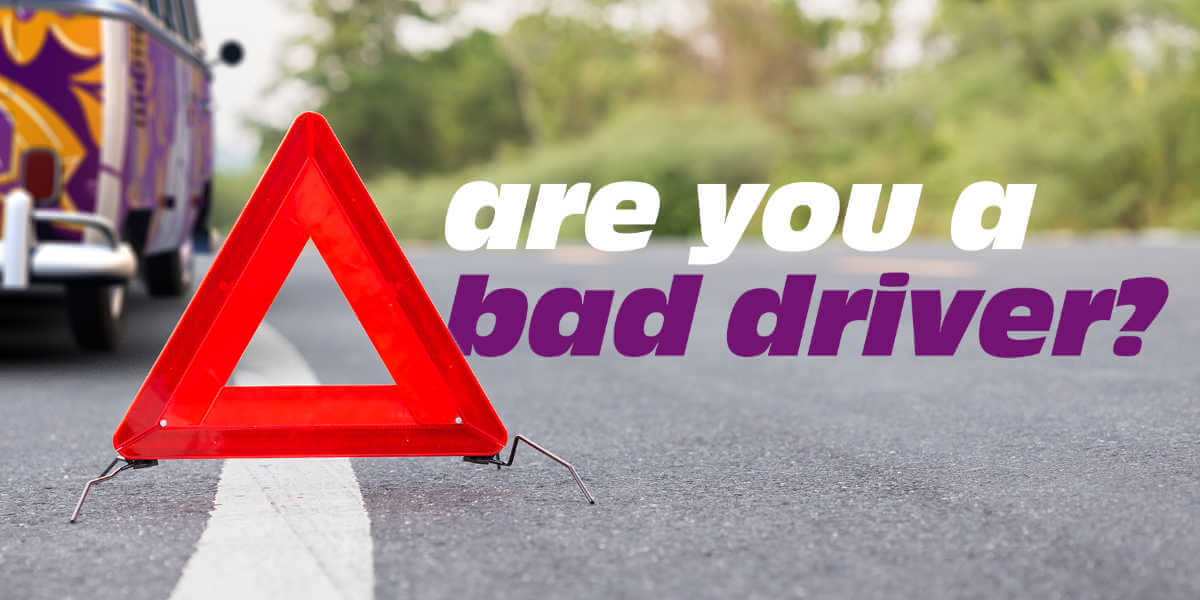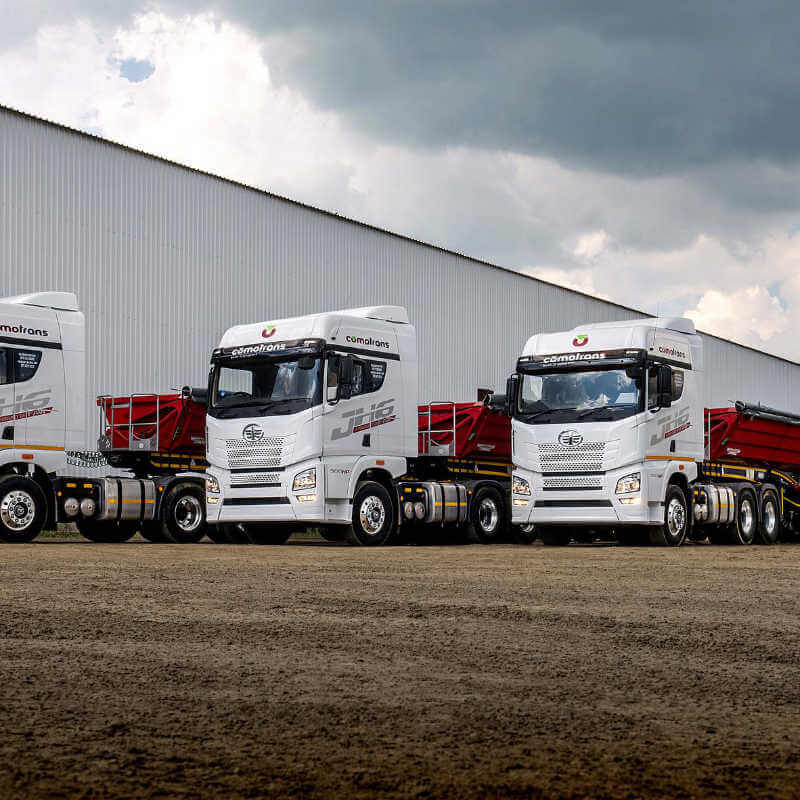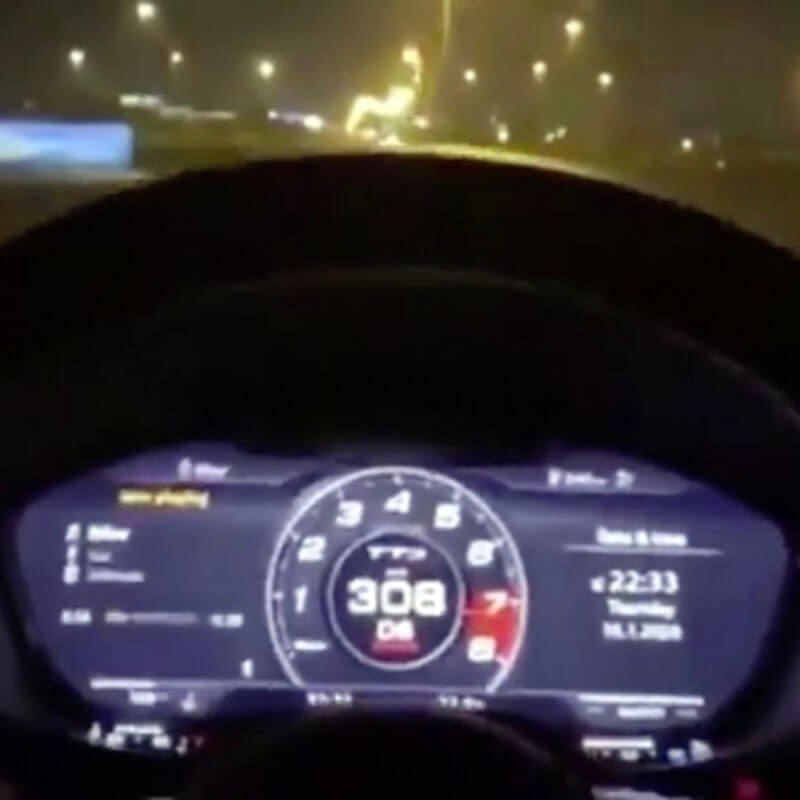Are you a bad driver?
We’ve all experienced a bad driver at some point or another. From the truly dangerous, like overtaking on a blind rise, to the truly annoying, like straddling two spaces in a car park or those that floor it to beat the red light, we’ve all had to deal with the fallout of bad driving.
Article by: TiAuto Investments
So, given that you’ve shaken your fist at many of these people, it’s difficult to ask yourself this question.
Are you a bad driver?
Yes, it’s a tough one. Fortunately, however, the vast majority of people, most of the time, can legitimately be said to respect the road and the safety of others.
But bad driving goes further than that. It can also include habits you’ve unwittingly fallen into which can damage your car by placing it under unnecessary strain, thus causing you unnecessary inconvenience and expense.
So let’s take a look at a few of the more common bad driving habits, and what you can do to stop them.
Dragging the brakes downhill.
Don’t be heavy-footed on the brake pedal when you’re going downhill. This will cause increased wear and tear on brake pads and discs, so you’ll have to replace them more frequently.
Engage a low gear, apply light braking, then release the pedal to give the brakes a chance to cool. Repeat until you’ve reached the foot of the hill.
Resting your hand on the gearstick.
Yes, when you were a learner driver, your instructor did drum it into you that you must always have both hands on the steering wheel. Yet, soon enough, bad habits, like resting your hand on the gearstick, stuck faster than the L-sticker on the back of your car.
This is bad for the car’s transmission because too much continued pressure causes premature wear of the selector fork, which you’ve guessed it, will cost you money to replace.
Flooring the accelerator in a high gear.
Modern cars have a gearshift indicator light, telling you when to change up or down. This enhances efficiency so as to maintain the gear shifter, and achieve greater fuel economy.
If yours doesn’t, or you never check it, beware of accelerating in too high a gear. This places unnecessary strain on the motor. So don’t! Change down, allow the revs to rise, then change up. This is crucial when carrying heavy loads or climbing hills.
Overloading your vehicle.
You may like to pack everything but the kitchen sink on a weekend away. Why, you may even want to take the sink itself. While modern cars can carry heavy loads, be cautious not to overload them.
The greater weight will strain your brakes, suspension, and drivetrain. It doesn’t stop there though, you’ll also be reducing your car’s fuel economy, and even increasing your car’s emissions.
Changing down gear at the wrong time.
Changing gears before they’re ready to be changed, or in the wrong order, is a big no-no. Your transmission will scream in agony when you do it. And you love your car, so why would you hurt it?
If you’re going down gears, reduce speed to reach the gear position’s optimal rev range, which will reduce wear and tear.
Hitting potholes and speed bumps.
You’re a South African so you know all about this one. They are a blight on our roads. Unfortunately, nobody fixes them, so it’s up to you to take evasive action.
If you do hit them, particularly at speed, you’re looking at buckled wheels, lumps in the tyre, cracked alloys, messed-up wheel balancing, damage to the underside and, phew this list is long, damage to the exhaust system.
Drive slowly, especially on rural roads, and keep ‘em peeled. You have to see them to avoid them! Be very gentle going over them if you can’t avoid them at all. Your car and bank account will thank you for it.
Neglecting warning lights.
If a light on your dashboard starts flashing or comes up permanently, don’t be blind to it. While some like ‘Washer fluid is low’ can be ignored to the next stop, some have to be addressed immediately, like ‘Power steering failure,’ ‘Braking system failing,’ or ‘Airbag Malfunction.’
Pull over, check them out, and diagnose your best course of action, normally taking them to the nearest garage.
Revving the engine when cold.
All vehicles start from cold, and whilst your engine oil does need opportunity to warm up, don’t try achieving this by revving the engine when it’s cold.
Let it warm up in its own time and avoid potential wear and tear.
Riding the clutch.
This is a top ten when it comes to a bad driver. A clutch is a ‘wear and tear’ item, and not covered by a warranty. So, don’t incur the extra expense. Don’t rest your foot on your clutch after changing gears, and never ride your clutch when doing a hill-start.
For the former, remove your foot between clutch changes. For the latter, leave the car in neutral with the handbrake on, until you’re ready to scale that Everest.
Late braking.
Sure, a time will come when you need to slam on the brakes in an emergency stop, and that’s perfectly okay.
But don’t make it a habit, as doing it consistently, will place more strain on the braking system and, oddly enough, more strain on your wallet.
Lastly, remember, your car is your baby. Treat it as such. Don’t be harsh on it, or put it through unnecessary strain, or chances are you’ll be exchanging that bright yellow sticker on your back window to: Bad Driver On Board








